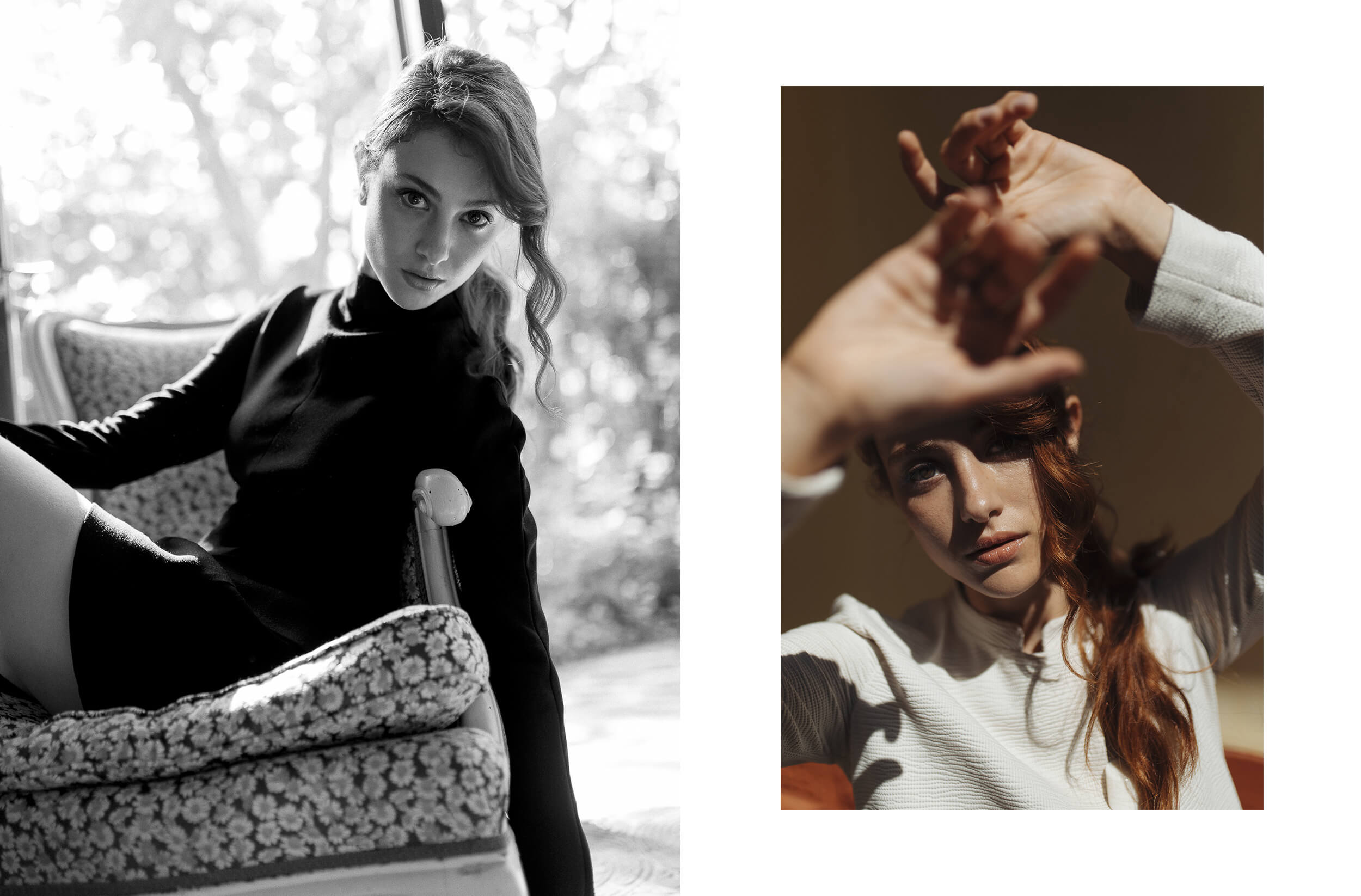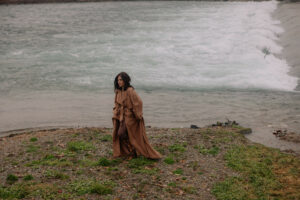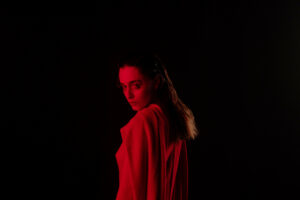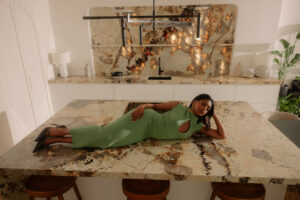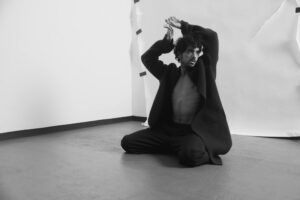Eleonora Duse is not just a name in theater history books: she is a vortex of emotions, an enigma, a model of artistic freedom that transcends centuries. In “Duse” by Pietro Marcello, Gaja Masciale courageously and sensitively immerses herself in this complex universe, transforming every gesture and every word into a bridge between myth and modernity. In our chat, the actress tells us how one approaches an icon without succumbing to her greatness, how the past can dialogue with the present, and why, even today, the Divine has the power to surprise and move those who encounter her.
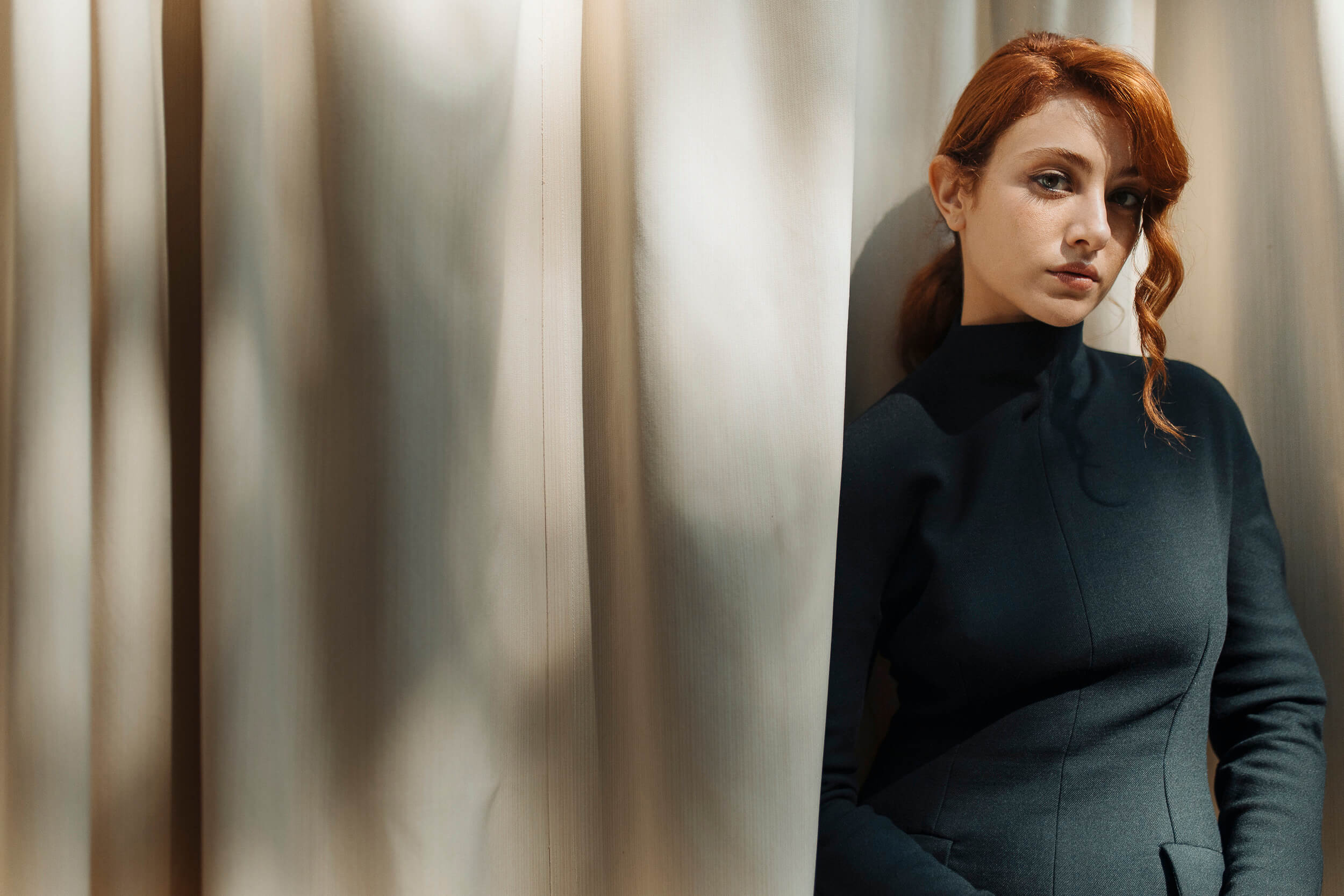
What is your first cinema memory?
My first memory at the cinema belongs to those Sunday afternoons spent with my mom to escape the winter rains, it belongs to those animated films that marked my childhood, like “Spirit – Stallion of the Cimarron” or “Finding Nemo,” films that captivated me so much in the theater that I then forced my parents to buy the DVDs, to watch them daily at home. They had become an obsession for me, I knew all the lines by heart. I remember animated films that enchanted me so much that when I returned home to my little room I would try to recreate real movie scenes. I enjoyed playing all the characters, I loved imagining myself in those places I had just seen in the theater, I would abstract myself so much that one day I thought of doing karate moves near a window, which was immediately broken by one of my kicks. My parents had a lot of patience.
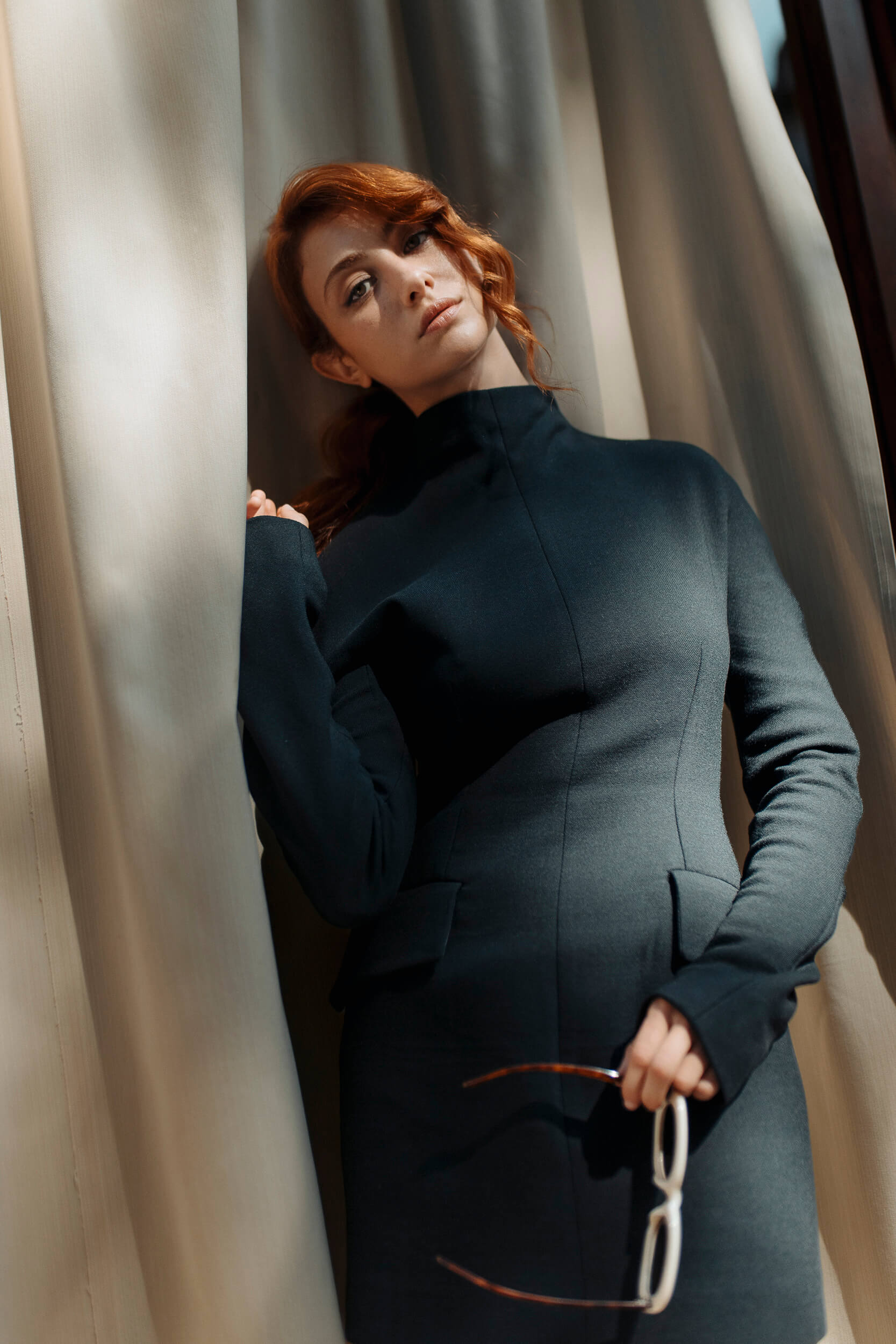
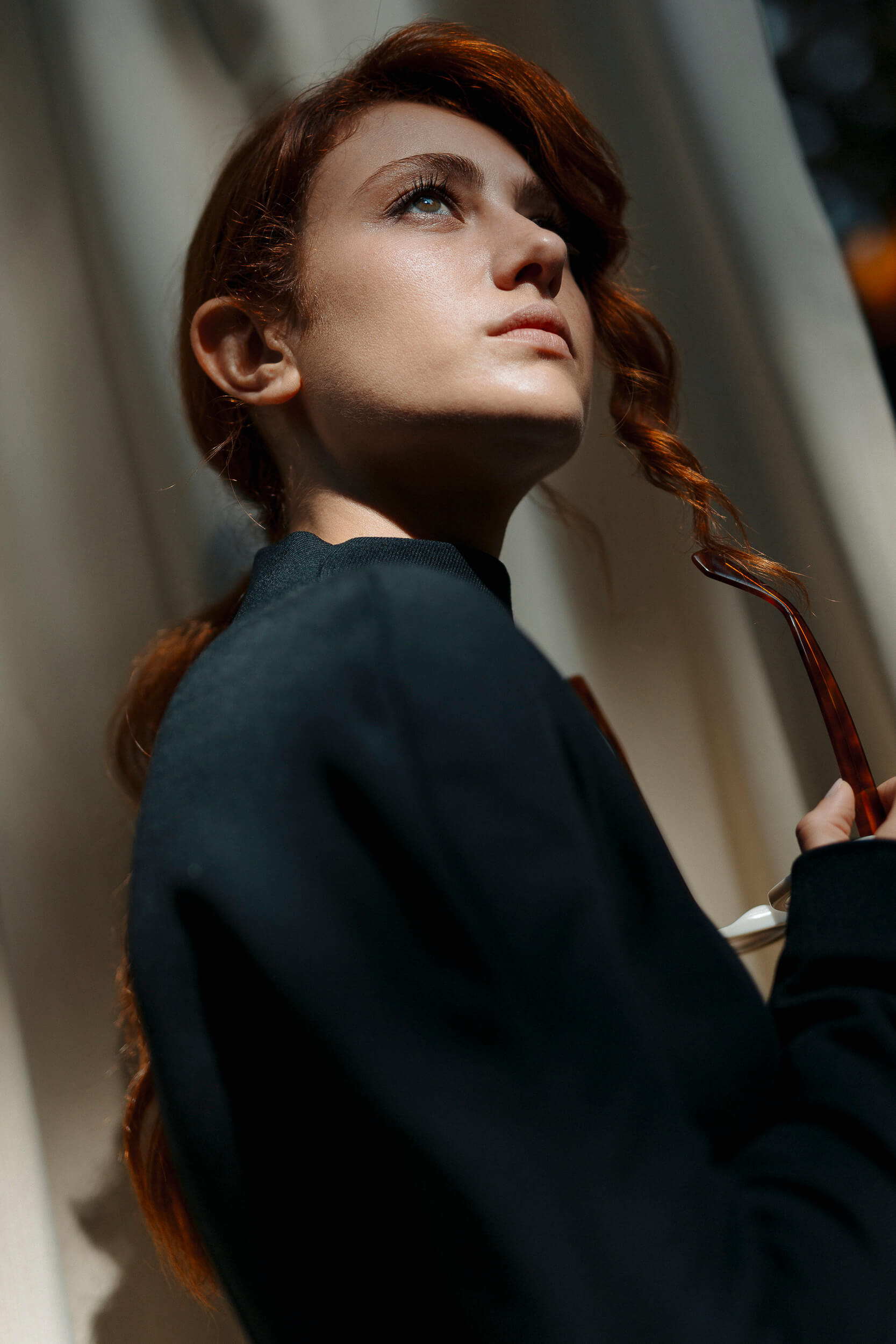
In “Duse” you play Cecilia Rinaldi: how does this character fit into the life of Eleonora Duse?
Cecilia Rinaldi is the leading actress of the company, a role that usually carries great responsibility. Obviously, from great responsibilities come great crises! In the film we see Cecilia in a delicate moment of the artistic process, she is stuck with a line, she can’t proceed with rehearsals, Duse steps in giving her the greatest lesson ever.
She takes her by the hand and violently leads her into an unconscious zone of the human soul, the most visceral part we can draw from to give voice to the feelings that then characterize the roles we interpret.
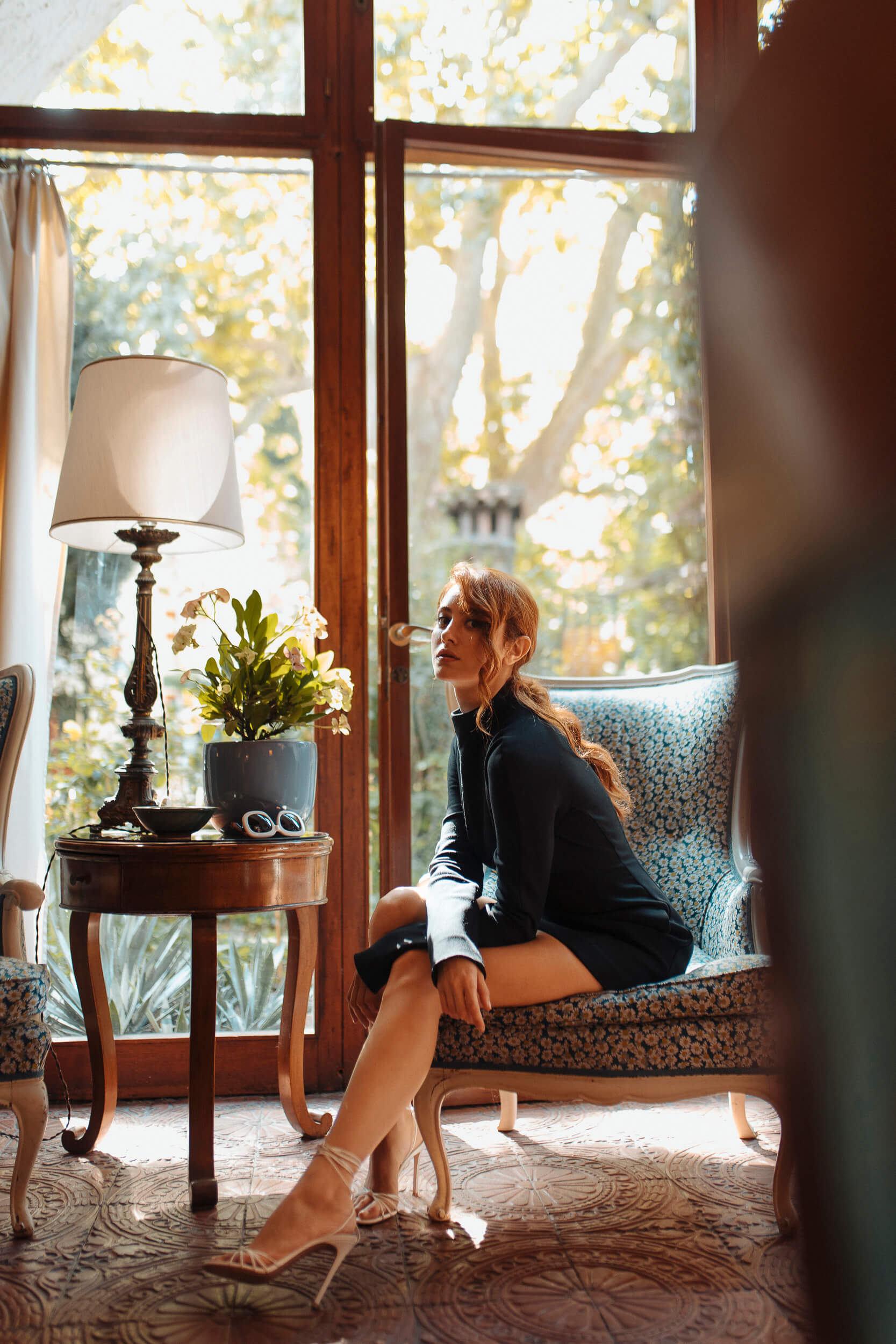
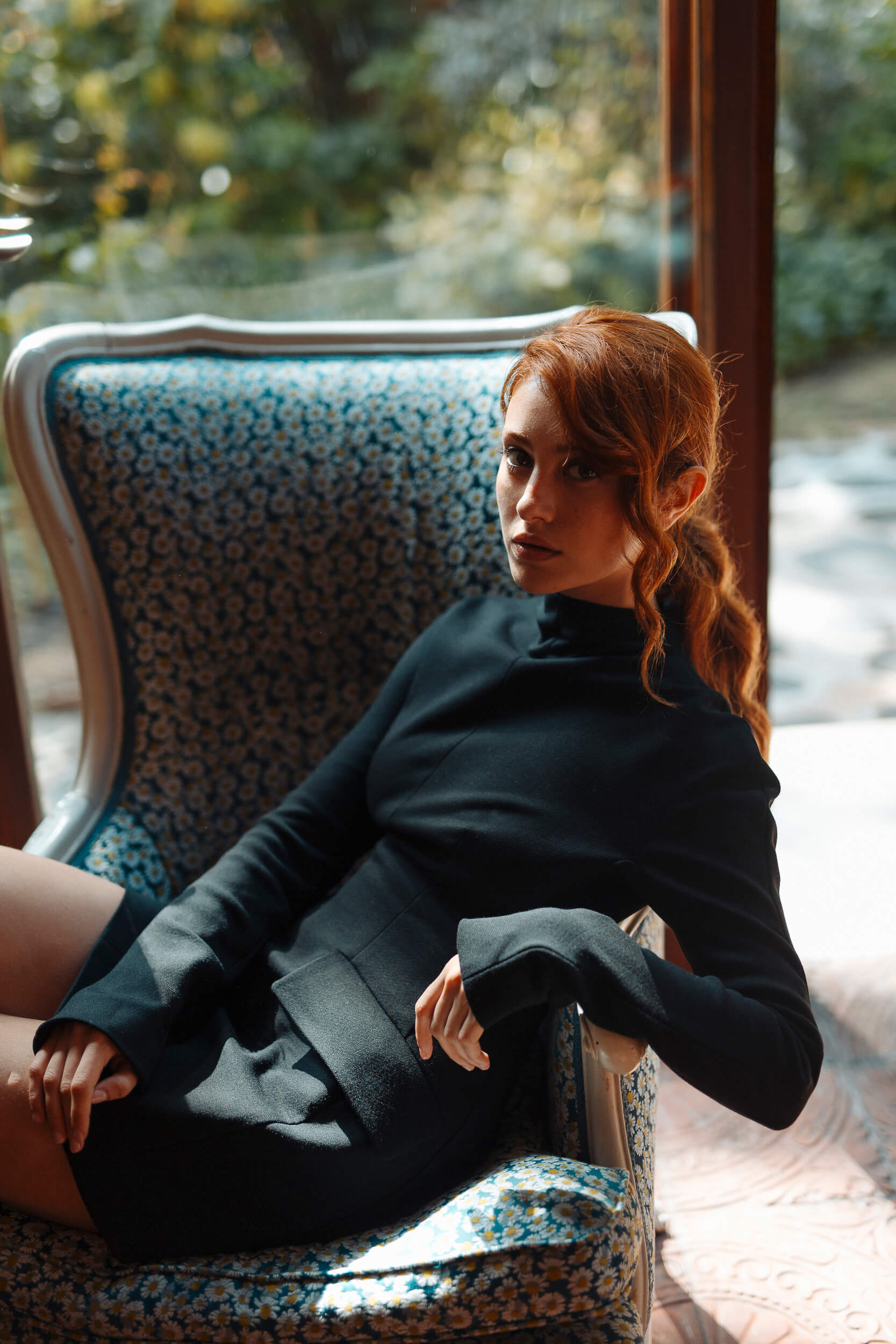
How did you approach a role set in such a period rich in contrasts, between the Great War and the rise of fascism?
It was a reason for deep investigation for me to question myself about the role of the artist in those years. Which I believe have something in common with our time instead. We live in an era where everything seems to be destroying itself around us, it’s difficult to still believe in something, in a future for example. And I tried to start from this feeling I nourish inside me, as if art were the salvation, the way out. How does the artist position themselves before an audience that looks at you disillusioned? What responsibility do they have? What do you think the audience seeks in you? What texts are better to perform? Which stories? I certainly asked myself many questions to which I didn’t try to give an immediate answer. I allowed all these interrogations to be the engine from which to start.
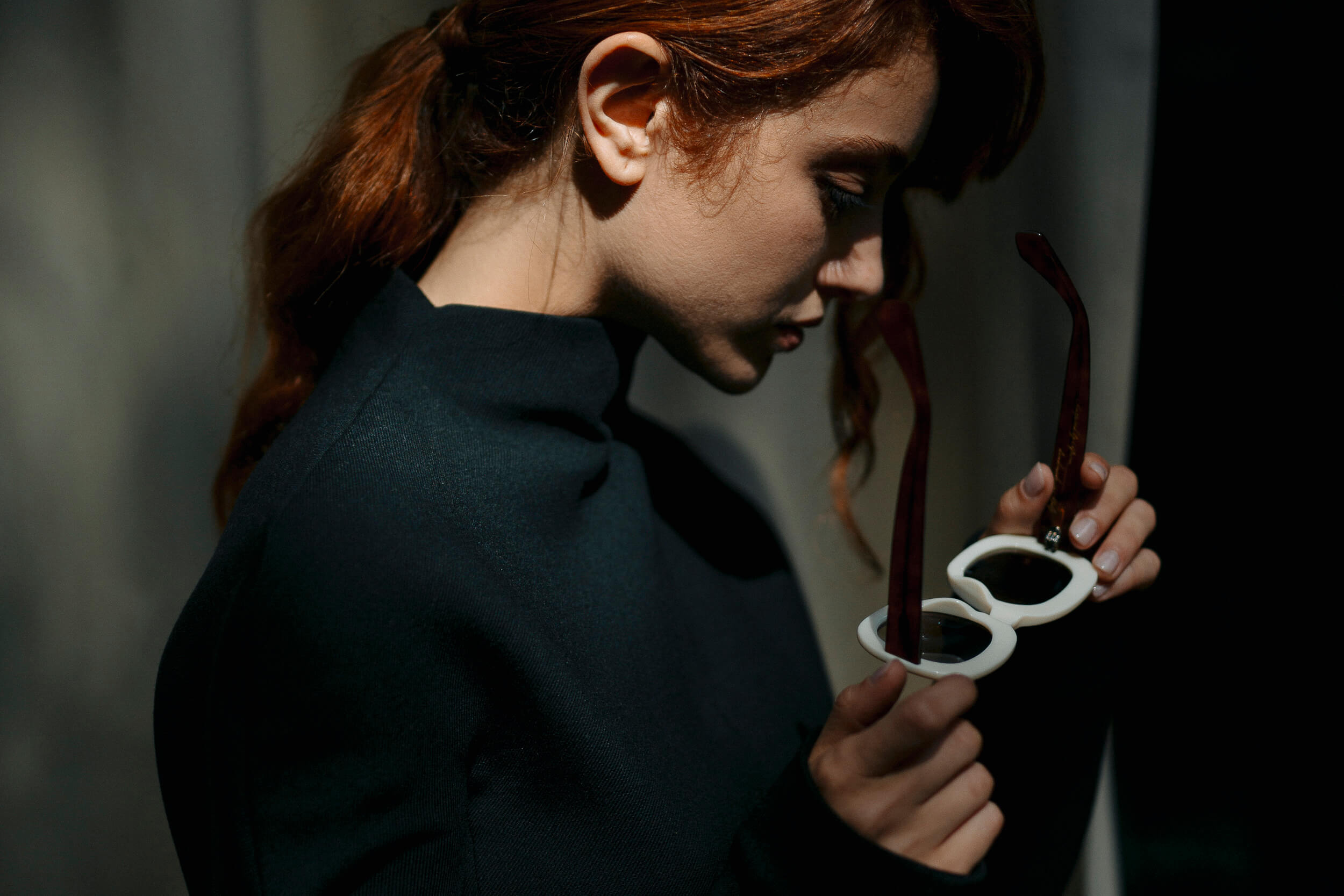
“We live in an era where everything seems to be destroying itself around us, it’s difficult to still believe in something, in a future for example.”
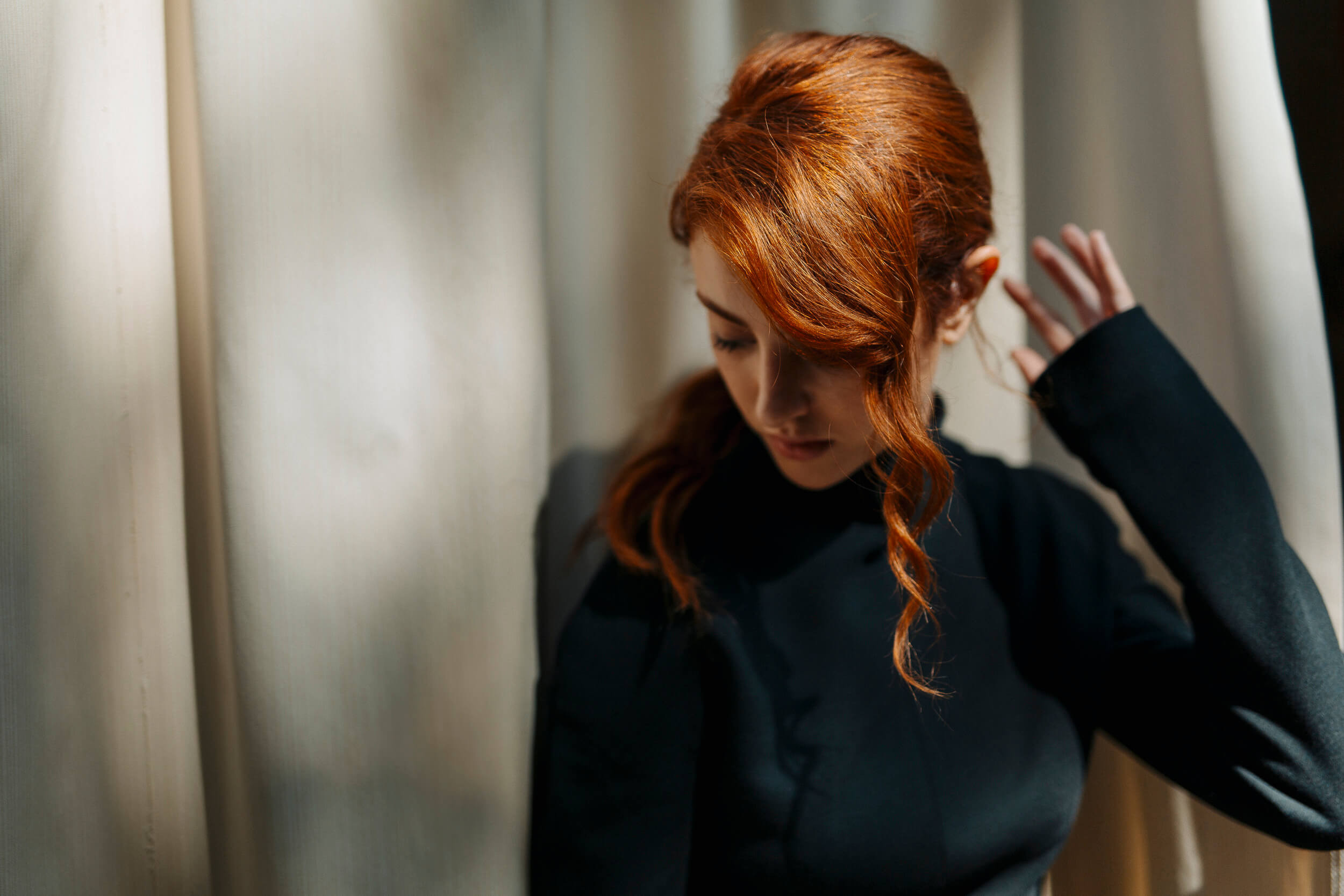
Was there a particular aspect of Cecilia’s personality that fascinated you or that you identified with?
What captivated me about Cecilia was her courage, her vulnerability but also her being so willing to do everything. Hers is a kind of devotion, in this I identify very much. Choosing to be an actress in the early twentieth century was a bold choice, much more than now. They were often women who belonged to a lower social class, willing to wander from one hotel to another because they probably had no alternatives, from square to square just to pursue a very slippery path. And this led you to have nothing to lose, an element that gives you maximum freedom even in interpreting roles.
A sort of interdependence is born, from the necessity you have to escape from yourself and from the shelter you find in stories to tell.
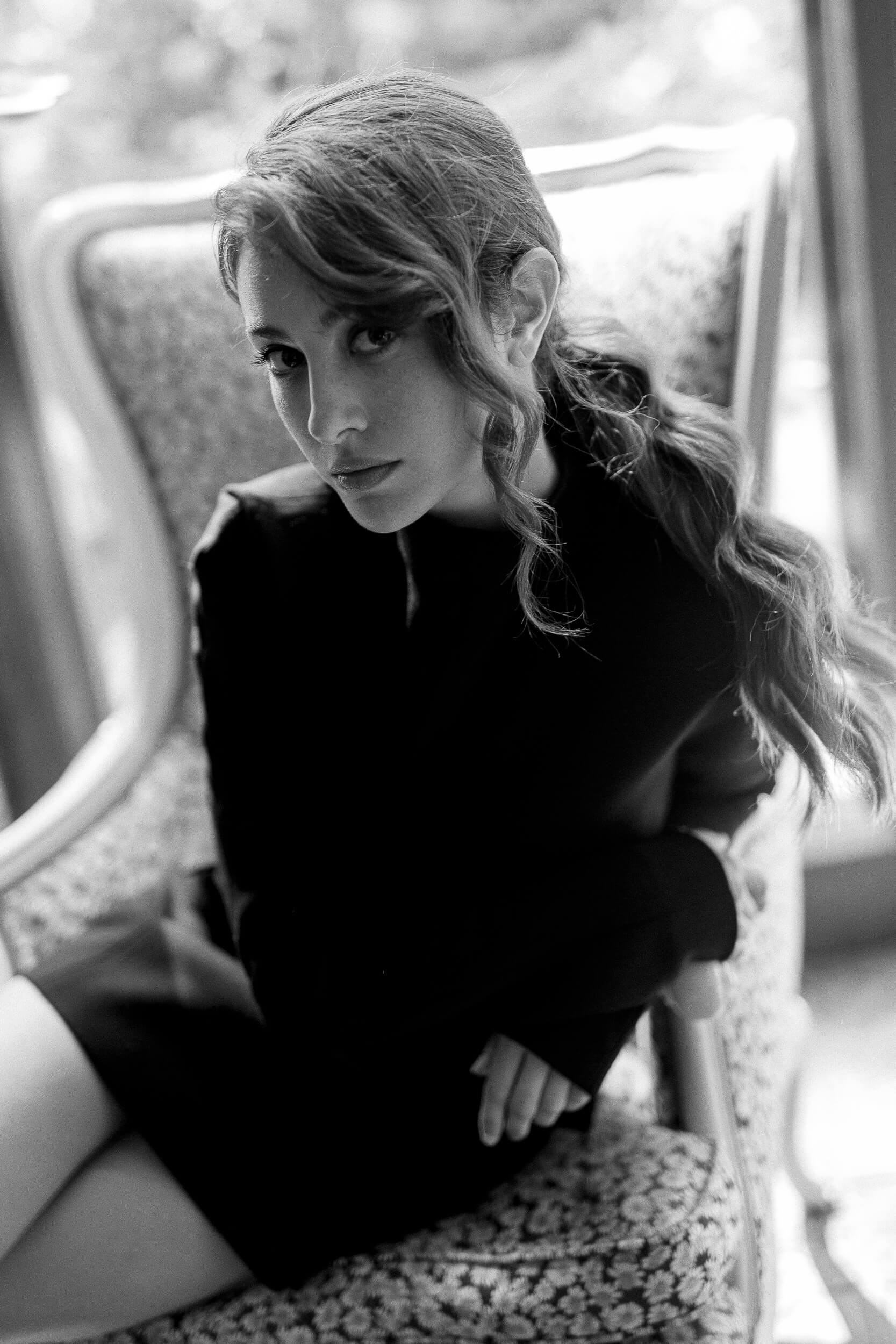
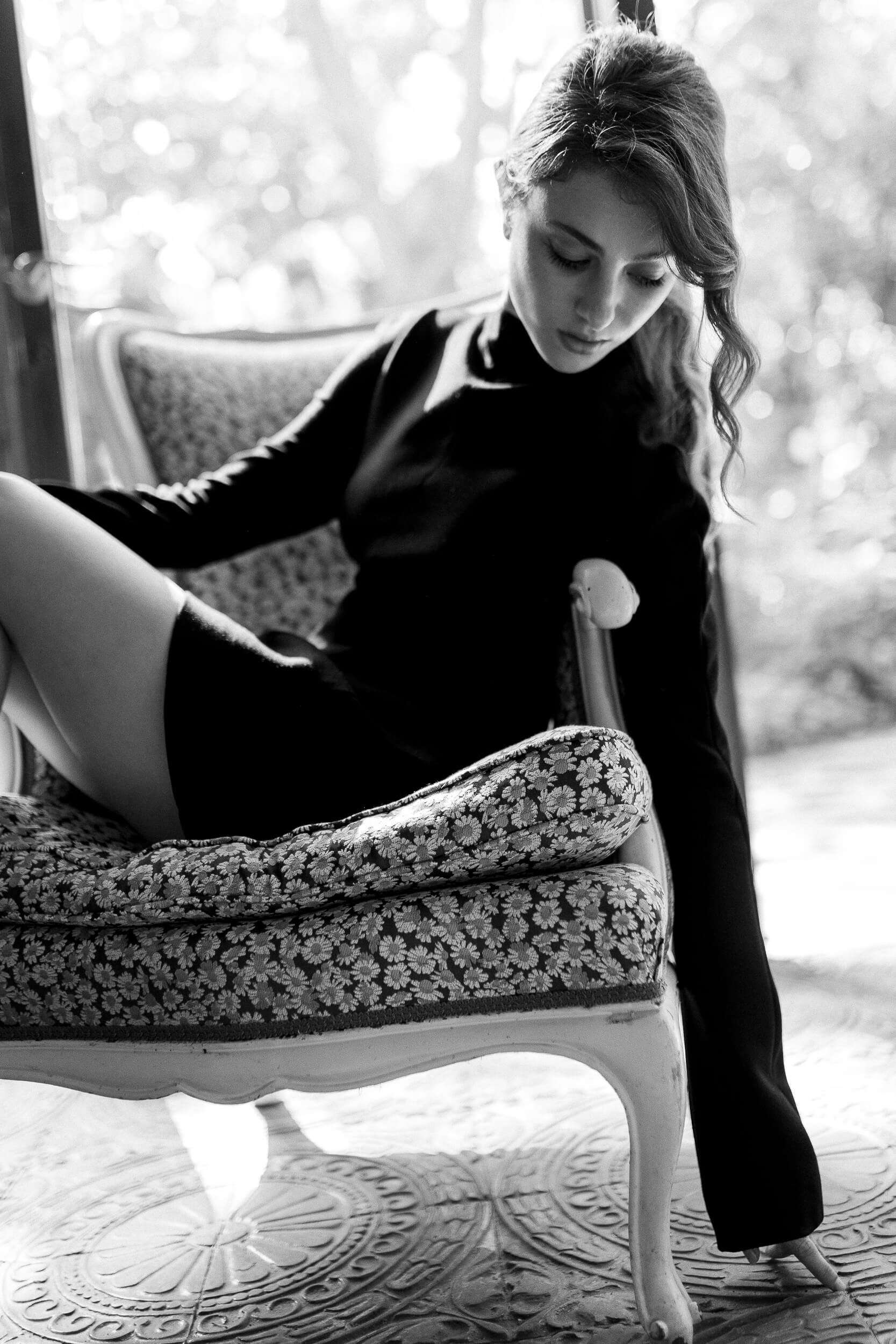
The director, Pietro Marcello, has a very personal and poetic approach to cinema: how was it being directed by him?
It’s an enormous privilege to be directed by a great artist like Pietro Marcello. You immediately have the sensation that you’ll be part of a great operation, you feel honored to be able to contribute even in a small part to the realization of such a prestigious work. I loved the attention he dedicated to every scene, he’s a mix of genius, madness (the good kind) and poetry. He reserves great respect, great care and immeasurable love for every actor he works with, which allow you to work in the best possible conditions, he makes you feel safe.
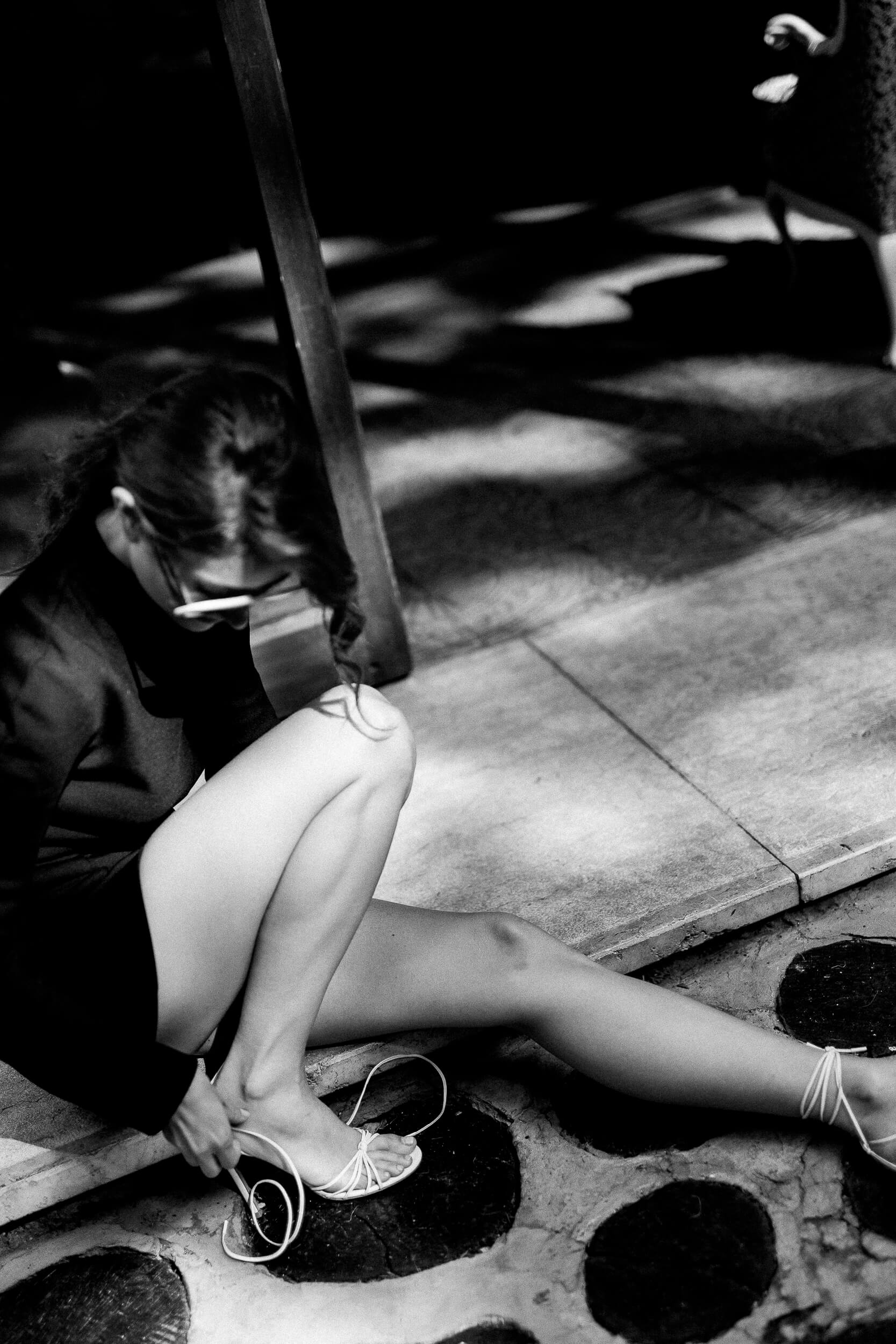
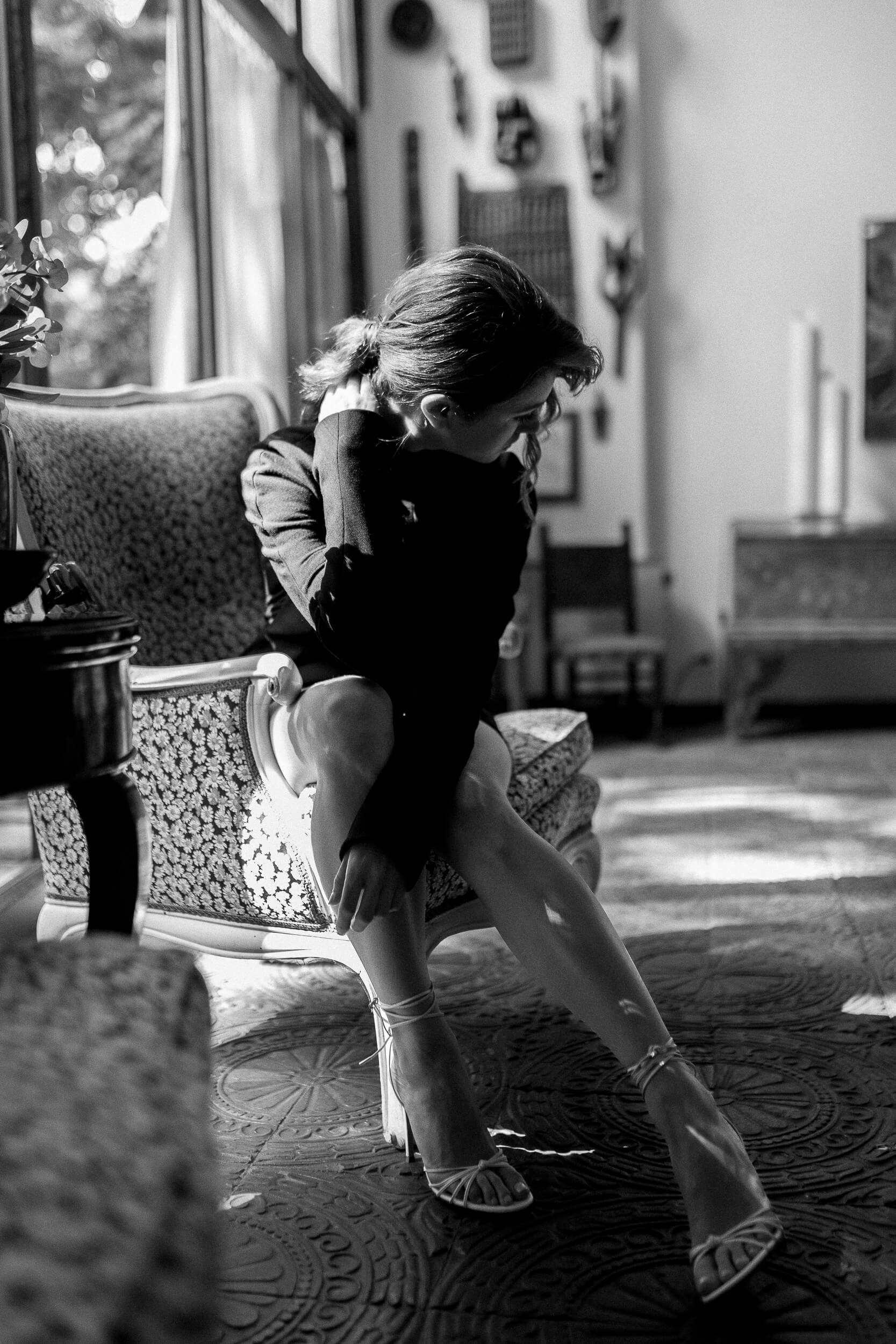
Working with the rest of the cast, did you have moments of collective preparation, rehearsals, or was the work more intimate and individual?
Both, it was a journey from the inside out fortunately. There was a first part where in my intimacy I explored paths I would have liked to take on set, I nourished in an almost bulimic way my fantasy and my imagination, I even imagined scenes that weren’t planned in the screenplay, private moments of Cecilia, intimate letters she would have wanted to write to Duse. When there was then the meeting with my colleagues I immediately felt the affinity, an atmosphere very similar to a real touring company was created, improvising we trained our scenic listening, we were ready for everything then when filming. It was as if we had known each other forever.
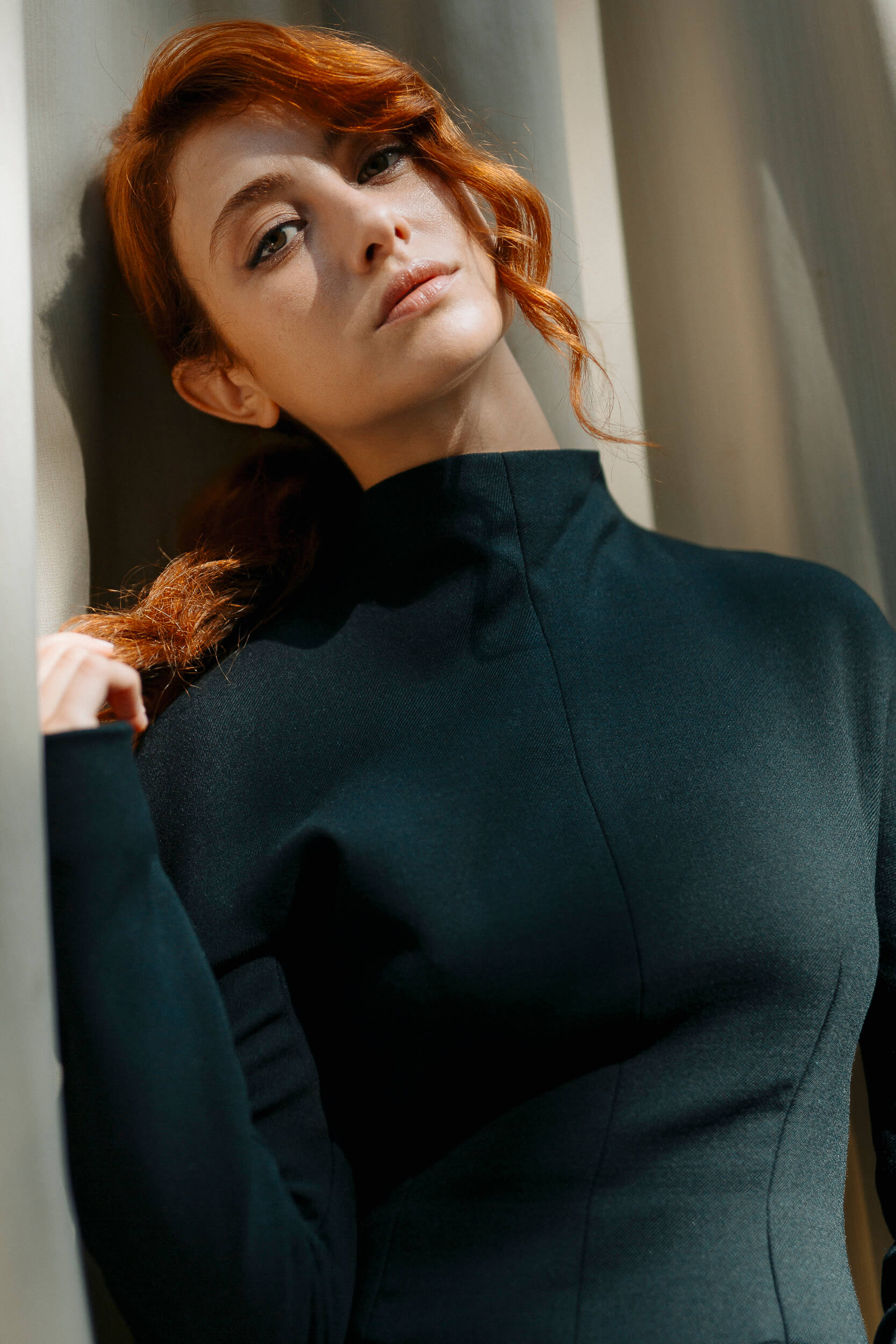
“A journey from the inside out”
Eleonora Duse is a myth that has marked theater history. What effect did it have on you to enter a project that celebrates her?
It was really the crowning of a dream for me, I graduated from an academy where the theater where we did our shows was dedicated to Eleonora Duse. Her story and her ideals have always inspired me, and entering a project that celebrates her was like allowing myself to truly meet her. Thanks to the masterful work that Valeria Bruni Tedeschi did, it was as if real time was suspended and we all lived a sort of collective illusion.
Did you consult period materials, letters, or accounts to better understand the atmosphere and context in which the characters lived?
When I approach a new work I always try to contextualize it with respect to the era in which it was written, I look for information about the author, I chase traces that allow me to create an imagery dear to me that I can draw from during the creative process. With “Duse” for me it was a real obsession to look for as much material as possible. I started from films that tell the life of companies like for example “Il Viaggio di Capitan Fracassa” by Scola, to then discover my personal Bible: Mirella Schino recently published a book on Eleonora Duse. An infinite collection of letters, images and testimonies that helped me create a pool of inspiration, a most precious source for my research.
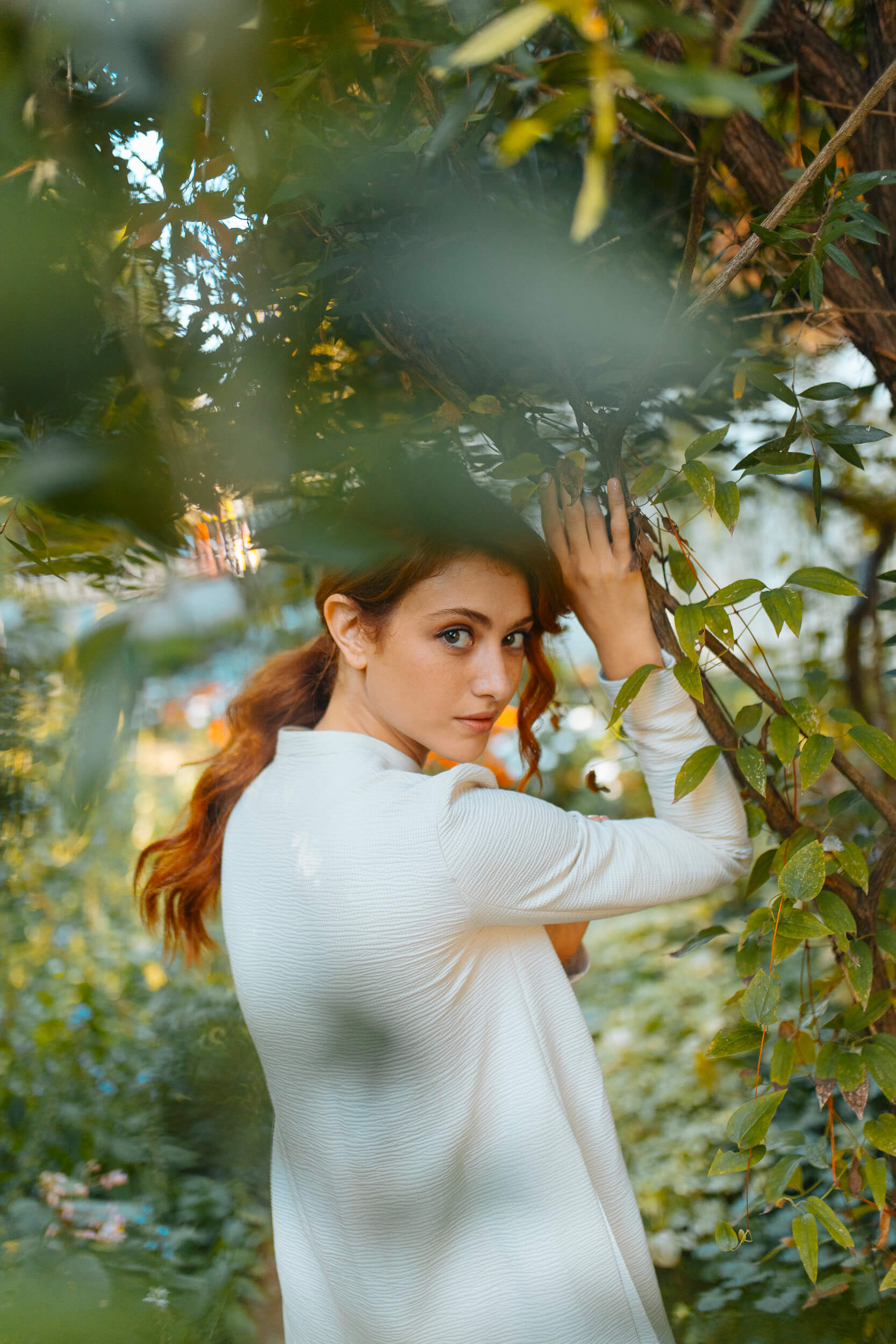
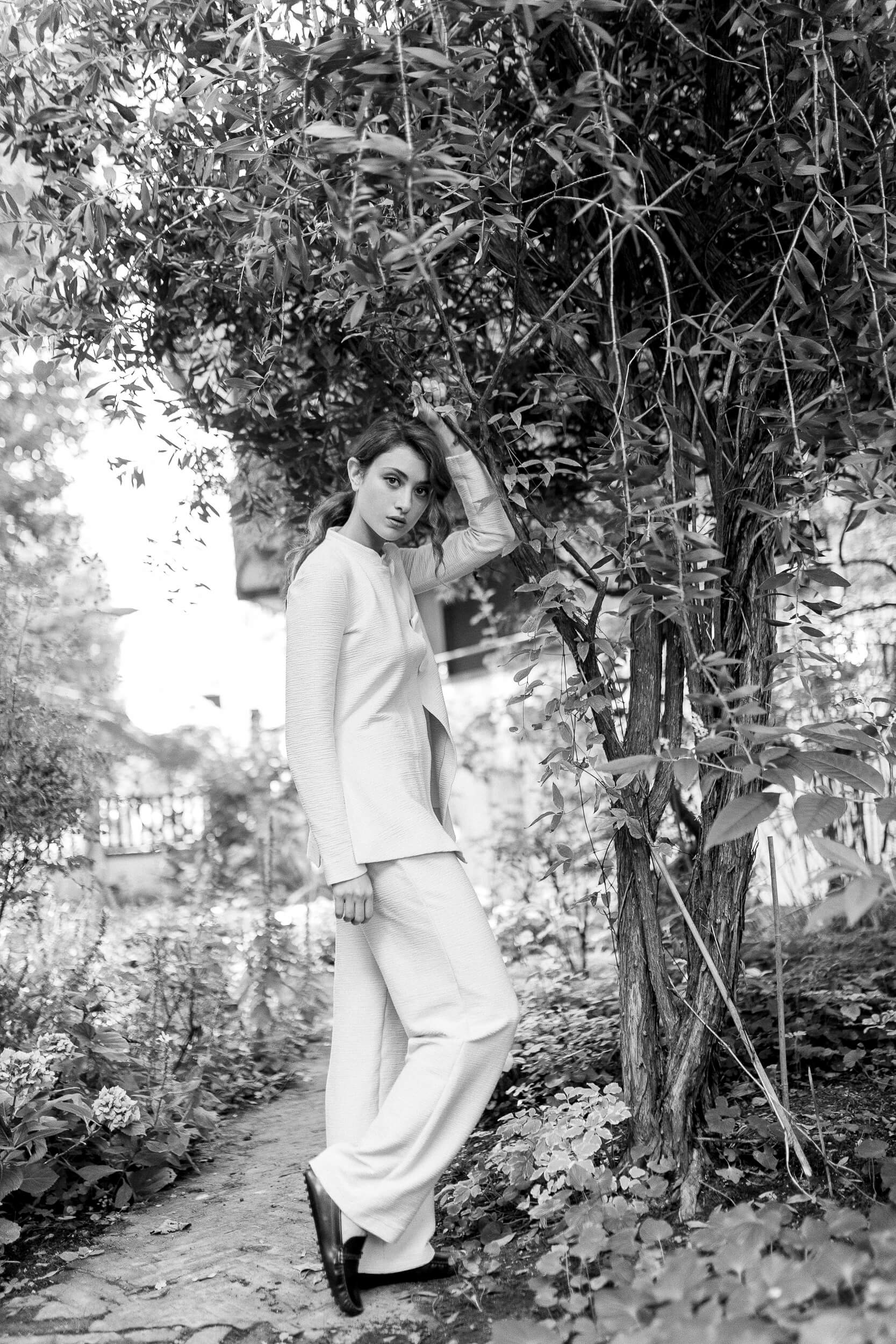
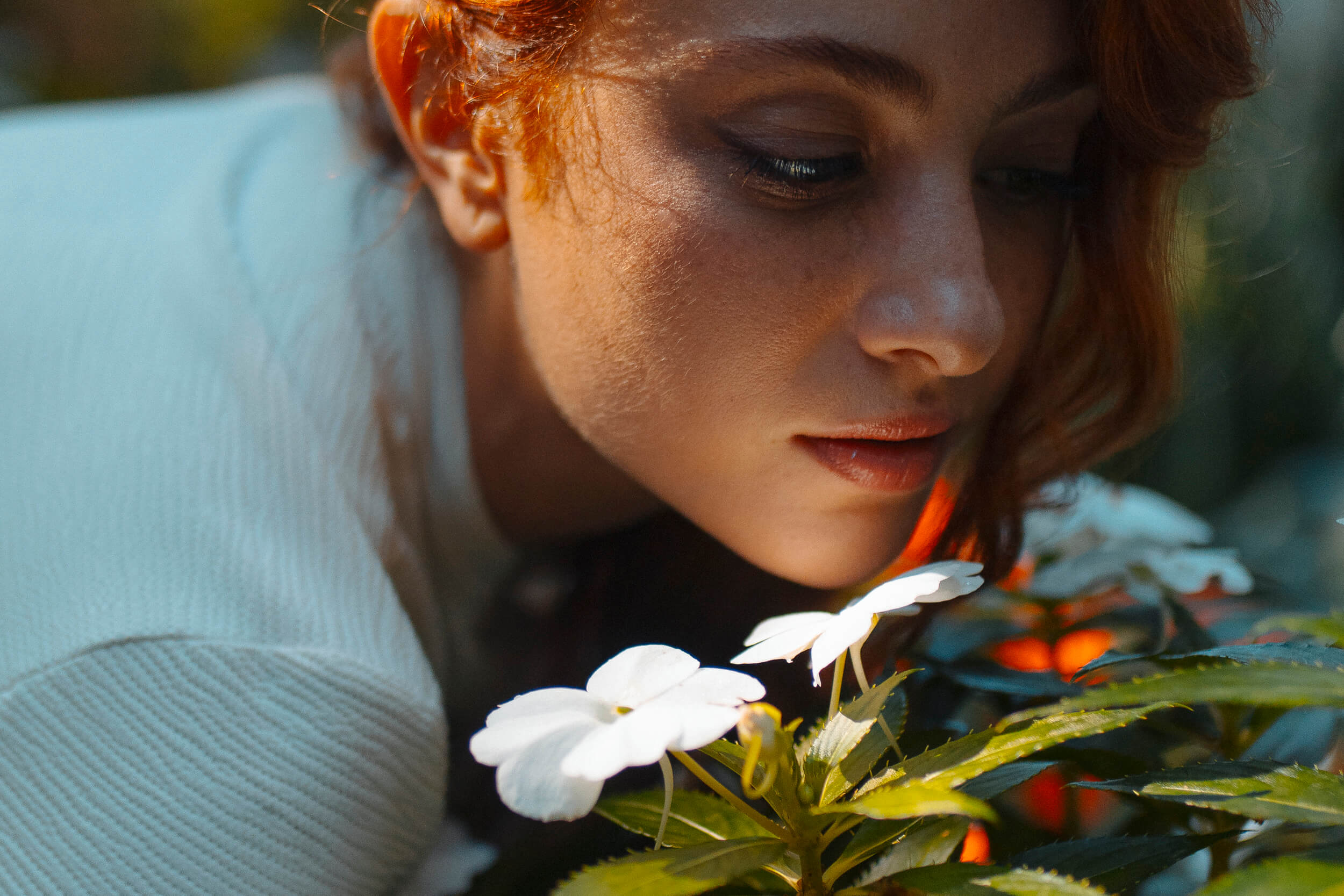
Is there a moment in the film that particularly touched you on a personal level?
Difficult to choose one, it’s a film that spoke to me in every fragment. A moment that moved me very much in the film is towards the end, when we see a Duse away from the stage, in a familiar dimension, when she tells a story to her grandchildren. And during the story she becomes so captivated by what she’s reading that she falls into the temptation to interpret the roles she’s telling. It’s instinctive for her, almost as if she couldn’t do otherwise, it’s stronger than her. A force she cannot fight. This will lead her to set off again and obey only her vocation. There are vocations you cannot govern, over which you have no control. Knowing how to abandon yourself is the only action you can take.
Has this film somehow changed your way of seeing the actress’s profession or your relationship with theater?
For me there is a before and after this film in my life, it changed me as an interpreter, as an artist. It gave me confirmations regarding what I’ve always sought in my profession, it renewed ideals that were at the base of my artistic thinking. It was finding a home for my biggest dreams. Maybe too romantic, but it’s the truth.
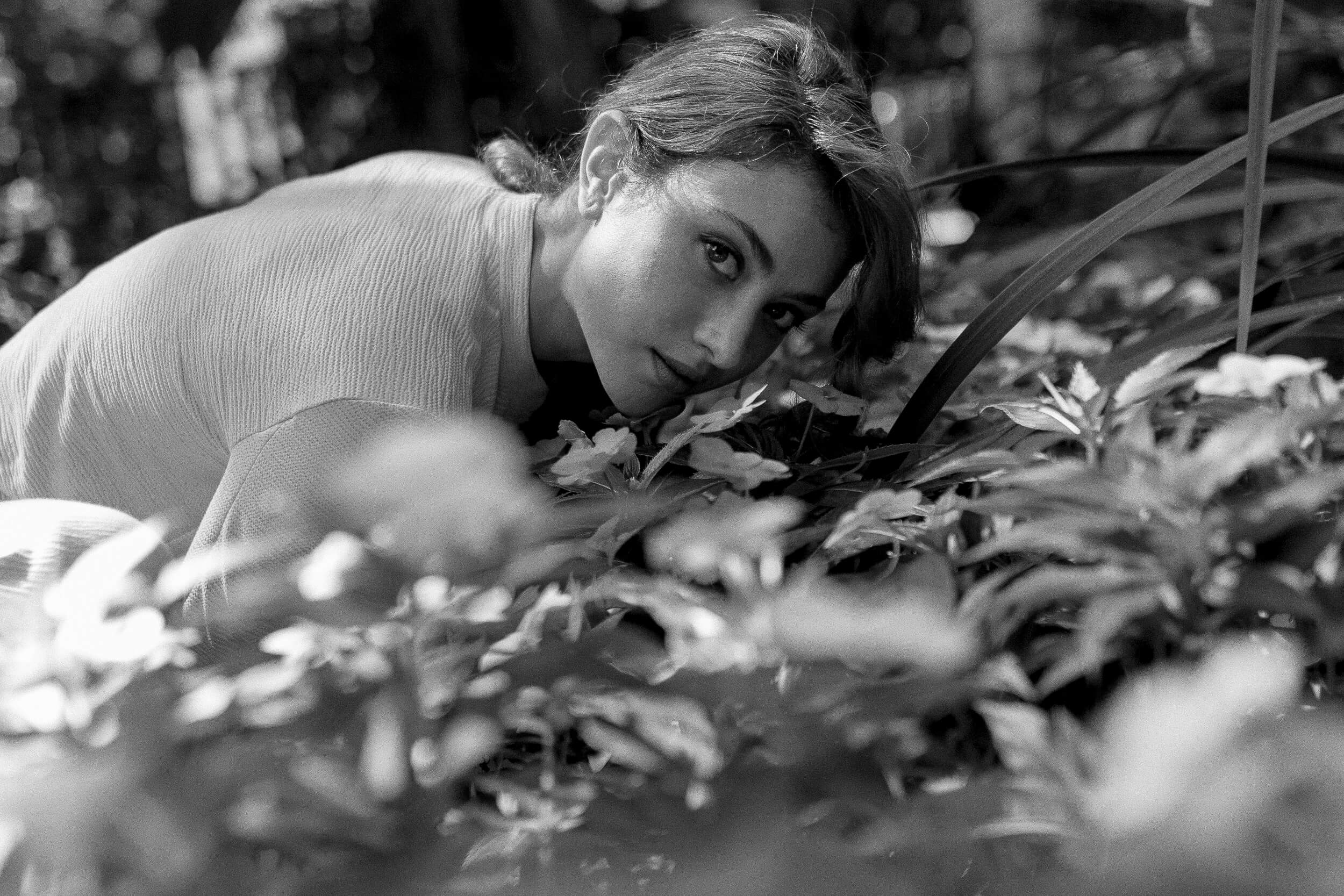
“There are vocations you cannot govern, over which you have no control. Knowing how to abandon yourself is the only action you can take.”
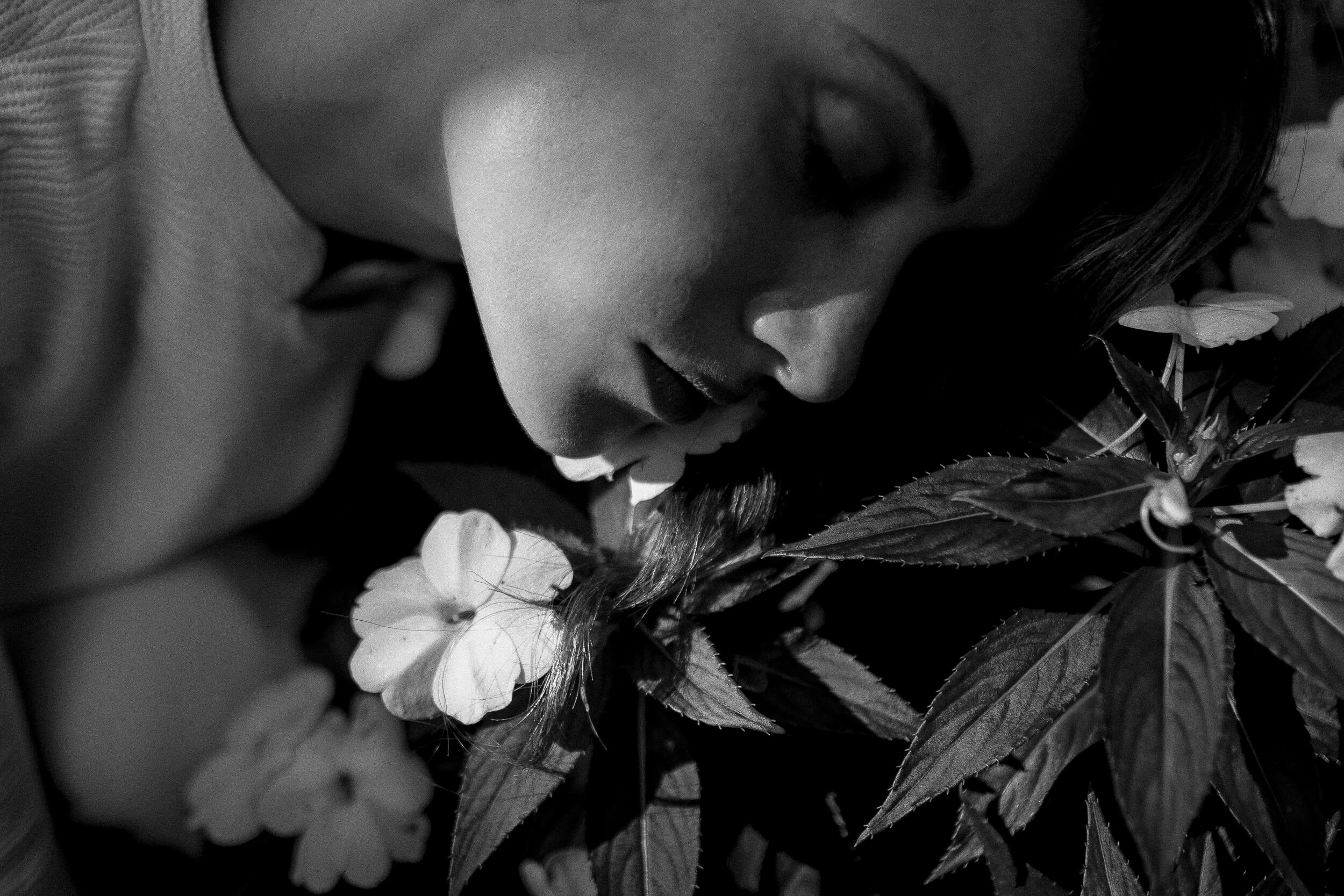
The last film or last TV series you watched that particularly struck you?
“The Holy Mountain” by Jodorowsky – an absurd trip.
What makes you feel most vulnerable and how do you transform that vulnerability into strength?
My sensitivity often leads me to be much more exposed. But at the same time it allows me to arrive much sooner at the revelation of things, knowing how to dig deep and not run away but decide to live fully, without fear, makes me feel terribly courageous.
What makes you feel safe and what makes you feel confident?
Being with people I feel affinity with, for emotionality and sensitivity. When I feel I can express myself serenely, without having to worry about being judged.
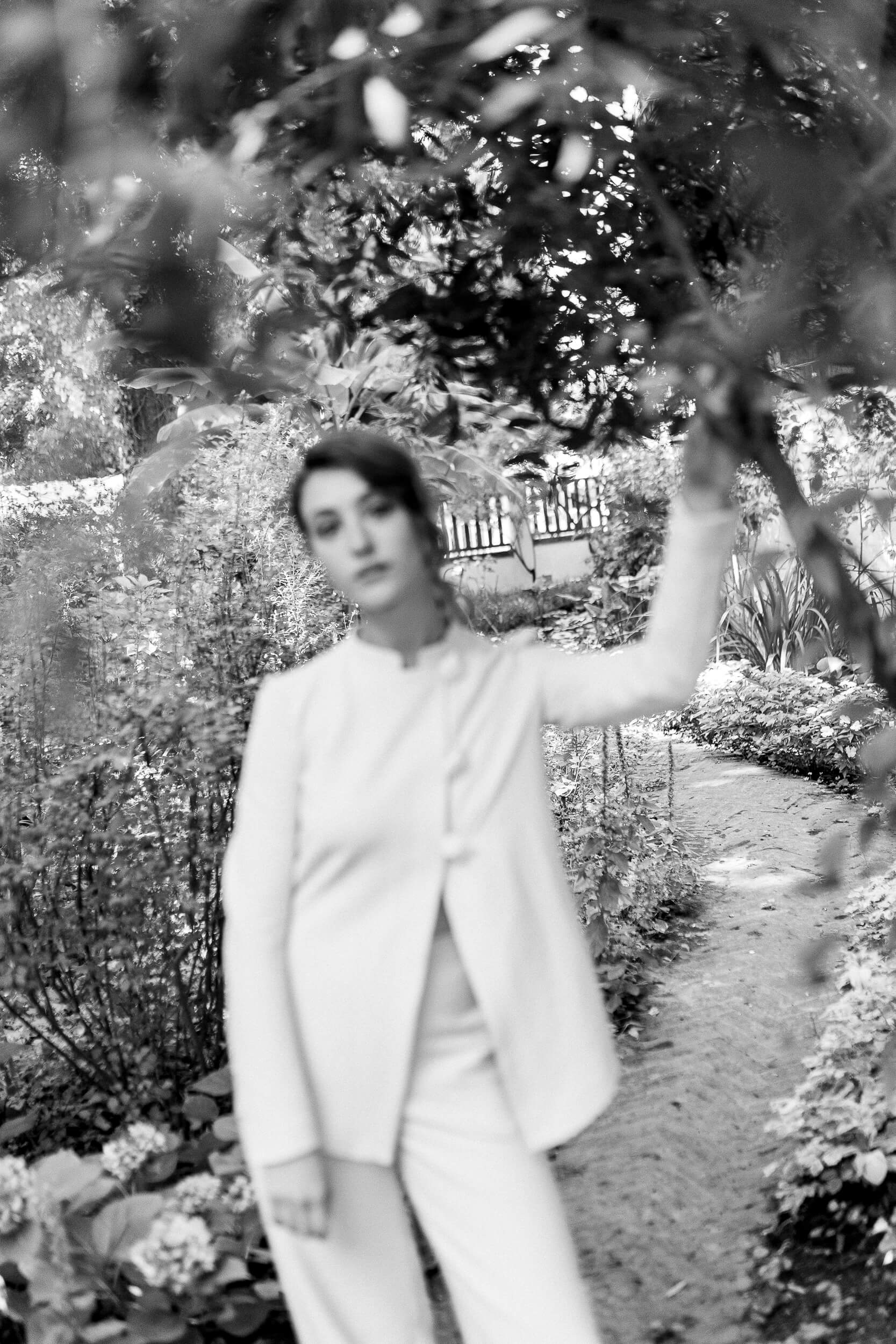
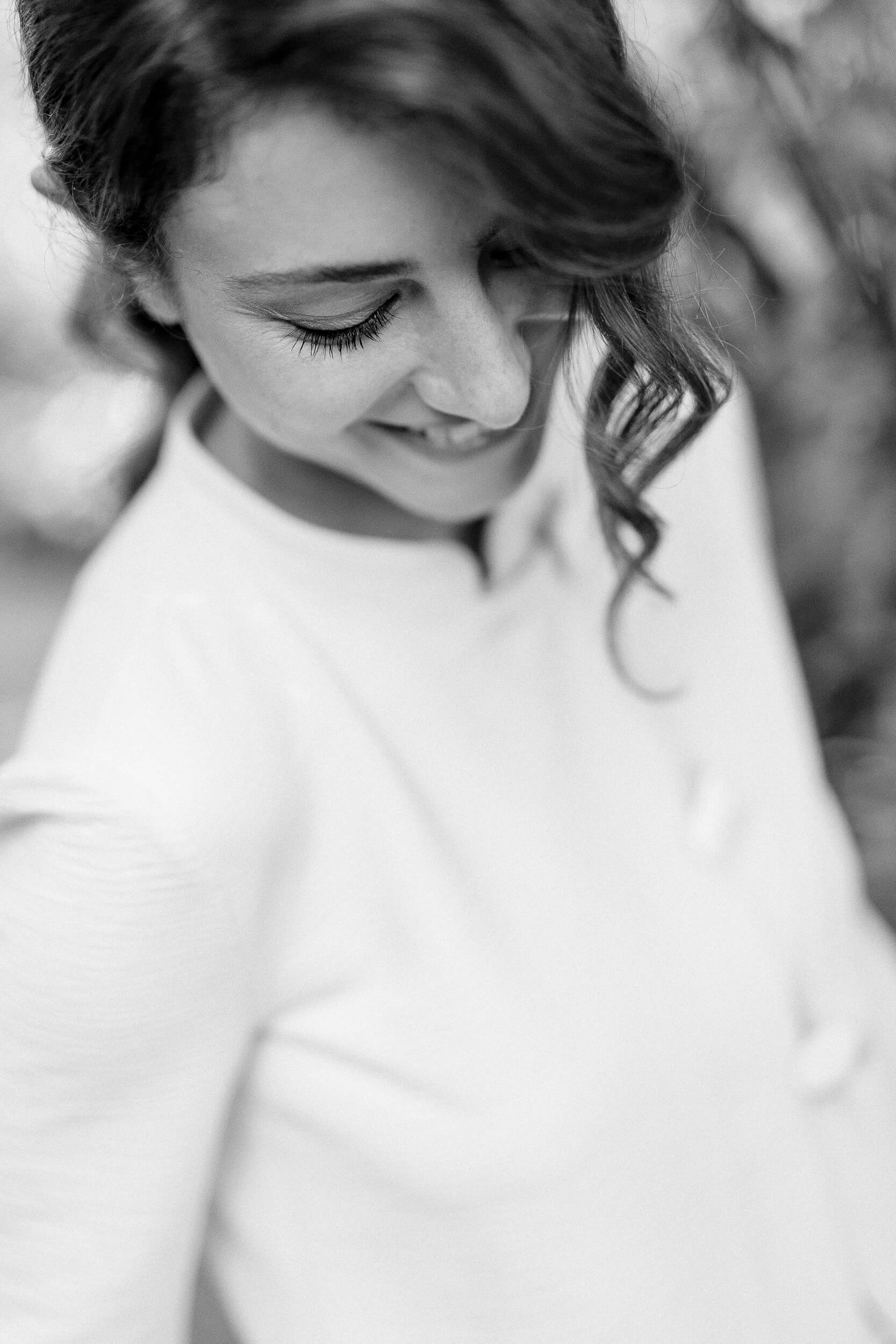
Are you a night owl or an early bird? What is your favorite time of day?
Definitely an early bird! I love waking up early, when everyone is still sleeping and I can take my time, in the silence to enjoy the beginning of the day.
Favorite moment absolutely, I take a book, obviously a different one every day because of my being inconsistent, and I enjoy my coffee. It helps me not fall into the vortex of commitments and parasitic thoughts first thing in the morning, so I face the day being decidedly more grounded. If I then respond to laziness with some meditation or physical exercise I’ve won and I enjoy the benefits during the day.
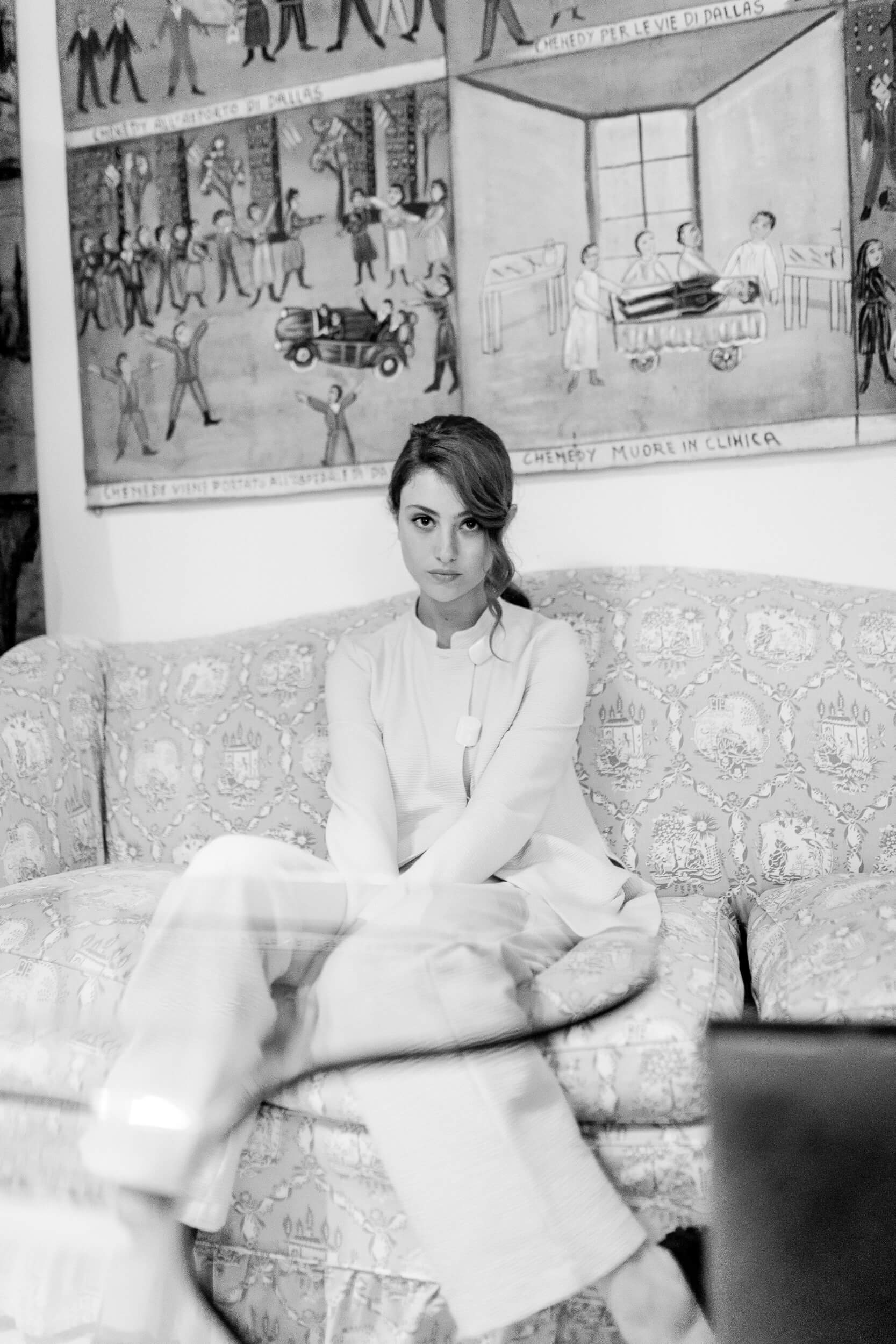
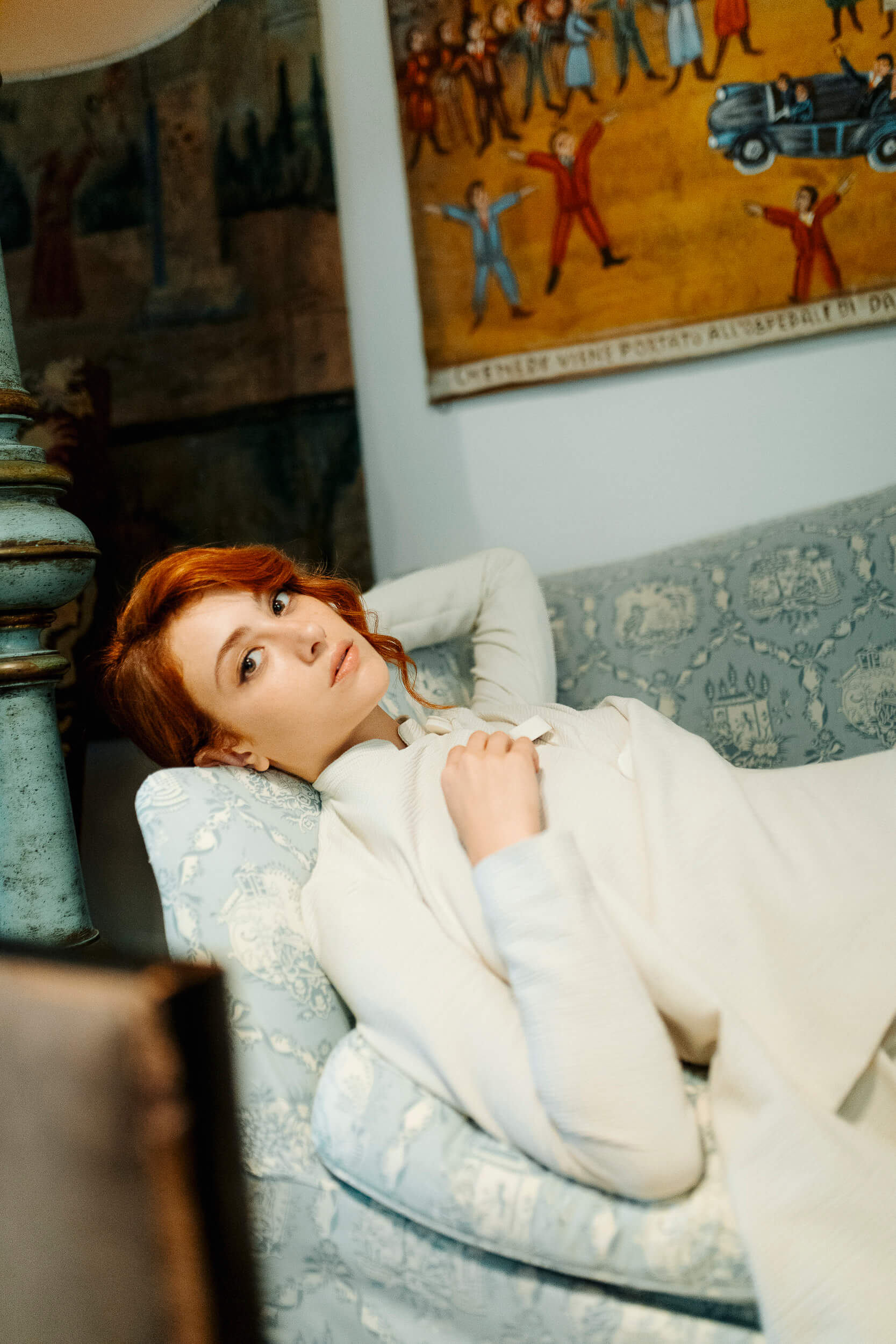
Your greatest act of rebellion?
Leaving places or people when you feel they’re no longer for you.
What is, instead, your greatest fear?
Being too late. I’m terrified of not making the most of my best time, of not investing in the right encounters of my path, of finding myself tomorrow and asking myself: but what did I do? Why didn’t I have more courage? How did I manage to lose that opportunity? It’s as if I live a kind of “chronophobia of the unsaid“. I’m afraid that time will pass and I won’t have time to say my piece.
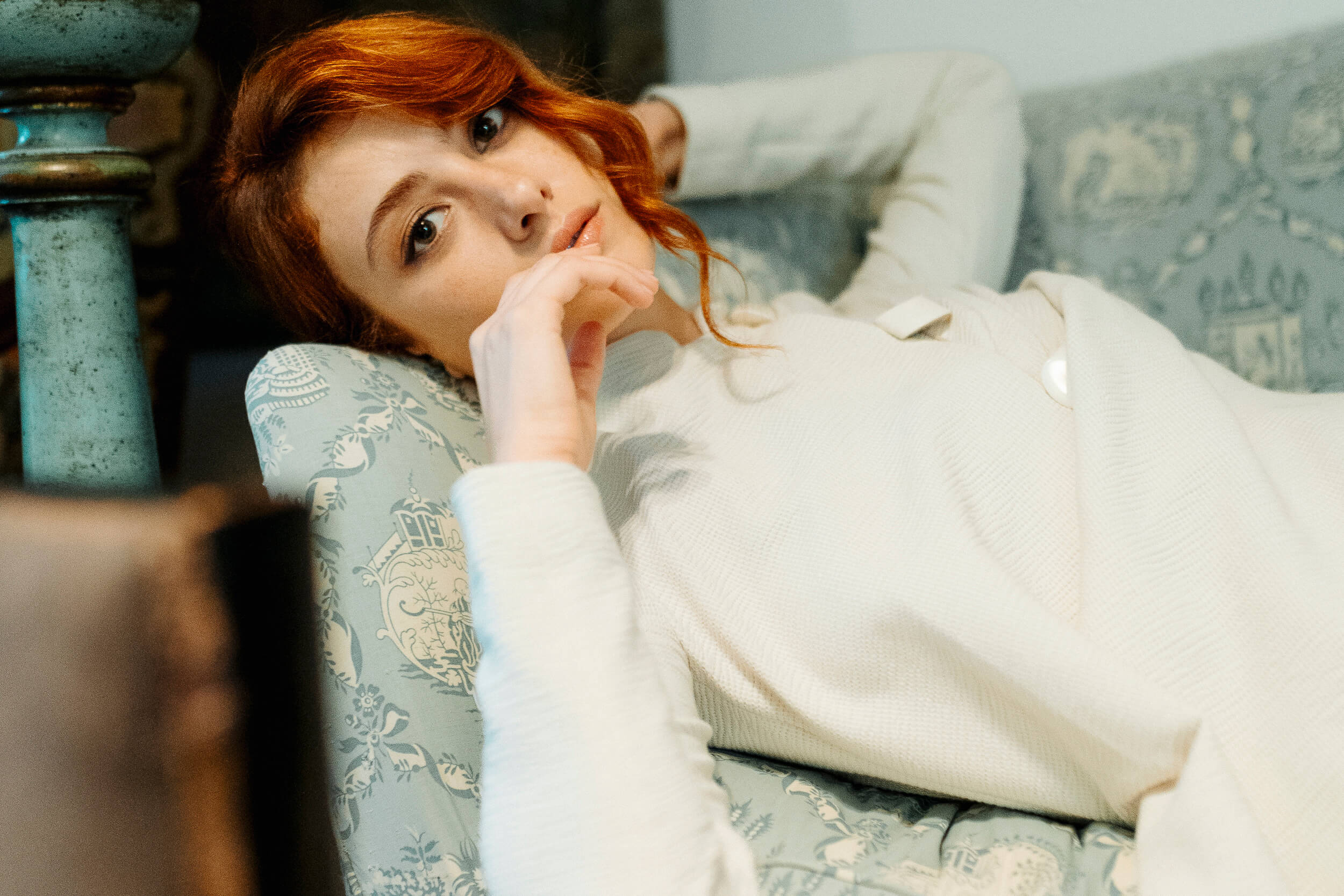
“cronophobia of the unsaid”
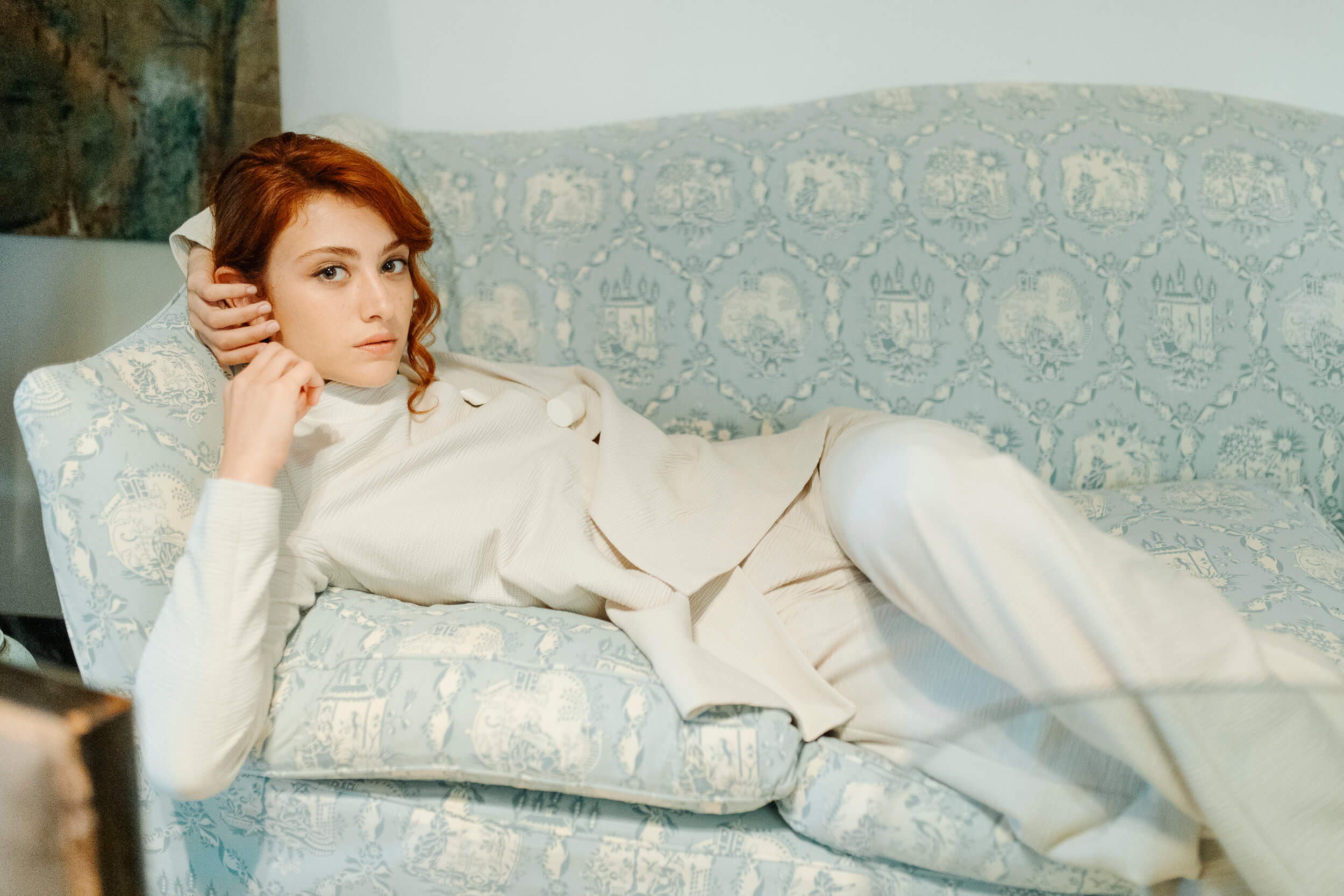
What does it mean to you to feel comfortable in your own skin?
It’s a great exercise that I try to practice consistently. I don’t always succeed, I’m very critical of myself, you know when you have the constant sensation of saying something wrong? Or of being in the wrong place at the wrong time? Well, feeling comfortable in your own skin I think has to do with words of care towards yourself, when you manage to talk to yourself as if you were talking to your best friend and you also manage to recognize some merits in yourself every now and then!
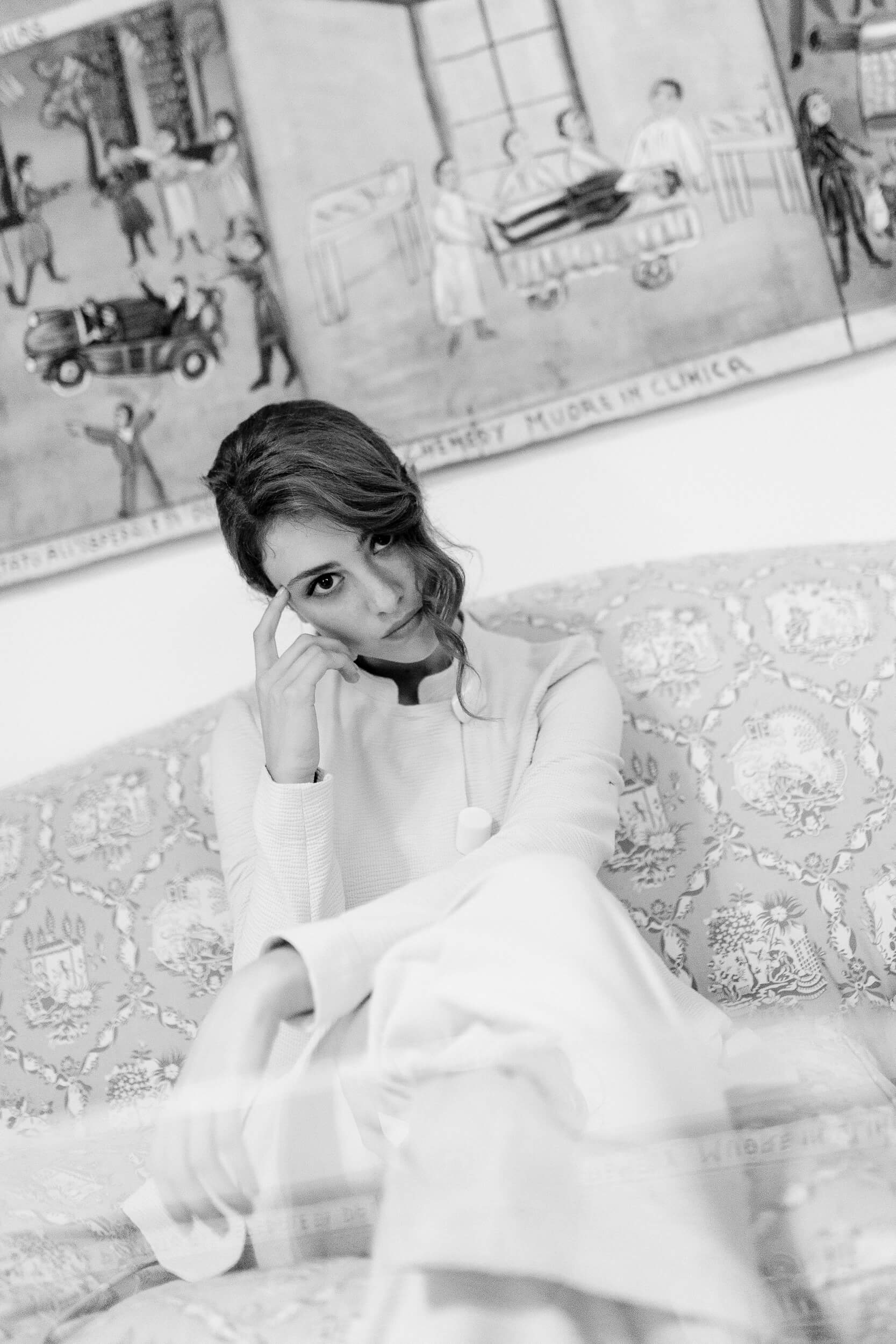
What is your happy place?
Those relationships where I let go of every wall and totally abandon myself to love.
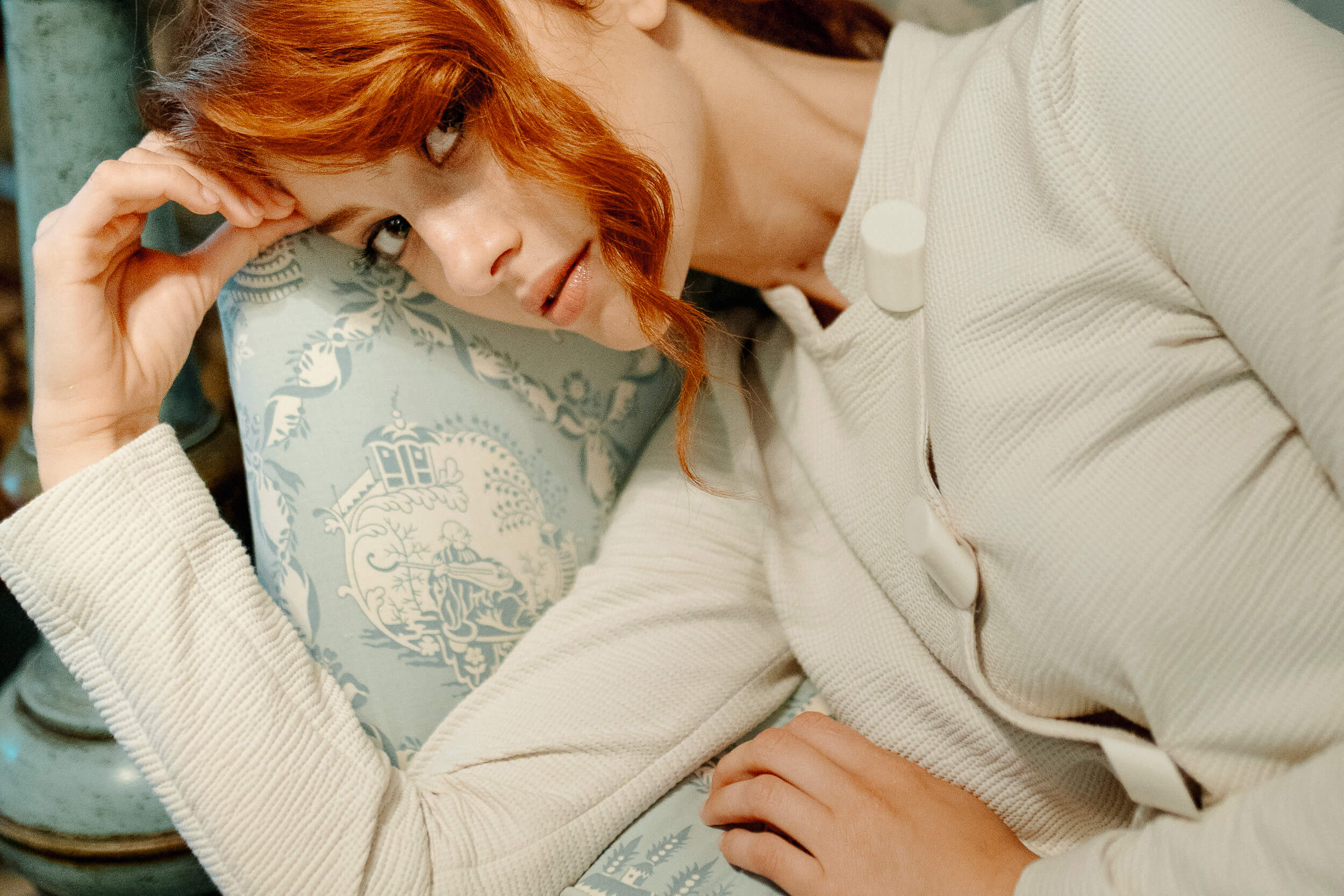
Photos by Luca Ortolani.
Photos by Luca Ortolani.
Styling: EP Suite19 PR
Hair by Michele Di Bisceglie.
Make up by Alessandro Joubert per Simone Belli Agency using Armani Beauty.
Thanks to Lorella Di Carlo.
LOOK 1
Total Look: Sportmax
Sunglasses: L.G.R.
Shoes: Gianvito Rossi
LOOK 2
Total Look: Emporio Armani
Shoes: Tod’s

